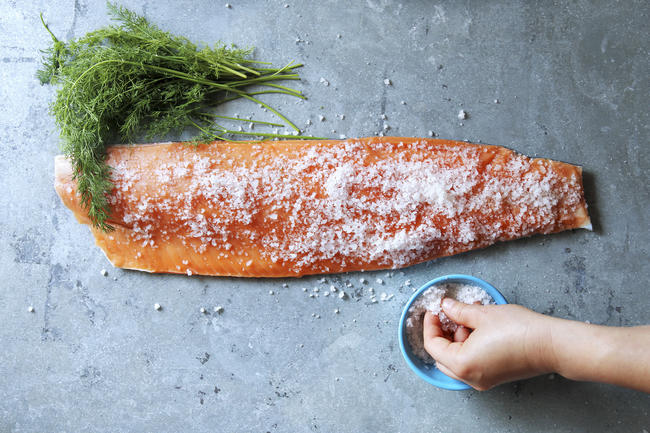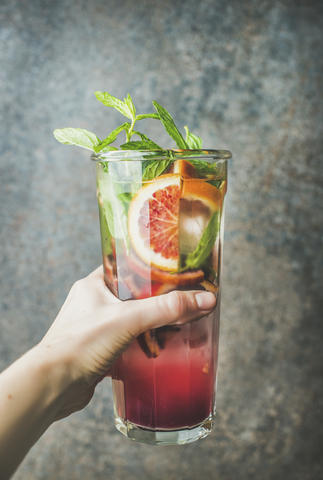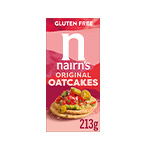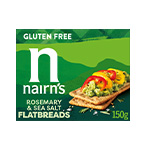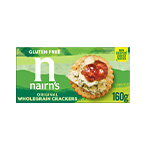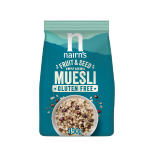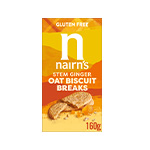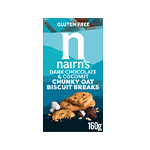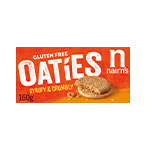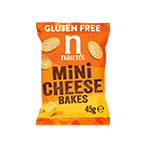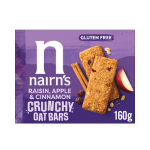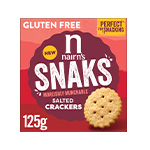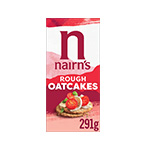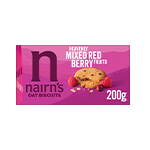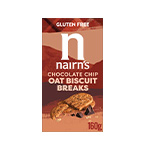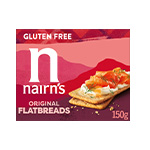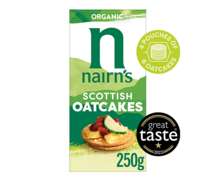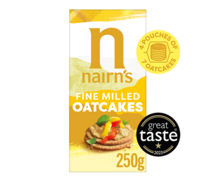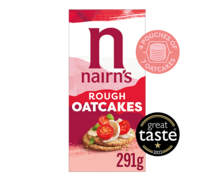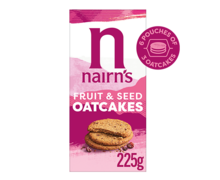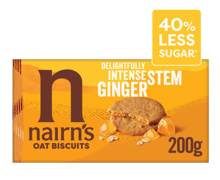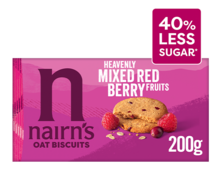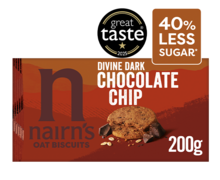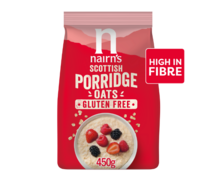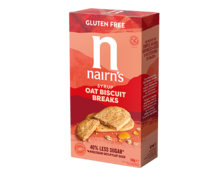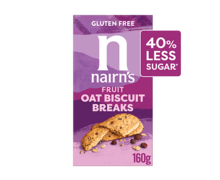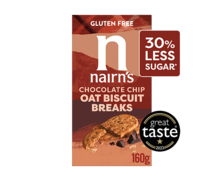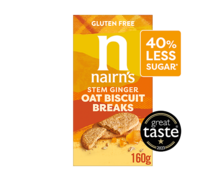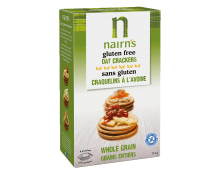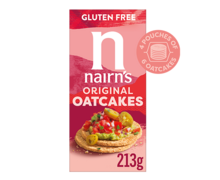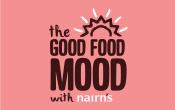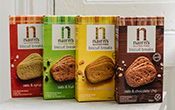
With the cold, dreary weather and dark days setting in, it can be all too easy to be affected by the winter blues. Whilst the cold season is a time of hibernation and comfort food, it’s totally possible to make a few simple food based tweaks to ensure you have diet that puts a smile on your face...
- Focus on tryptophan rich foods
Tryptophan is part of a protein molecule and is the precursor to our happy hormone serotonin. Consumption of foods rich in tryptophan such as meat, fish, eggs, milk, cheese, beans and lentils can play an important role with influencing mood.
By combining 30g of carbohydrates with tryptophan rich foods, you can boost absorption and utilisation drastically.
Choose: an oatcake with tryptophan rich turkey or hummus or a pot of yoghurt with mixed fruit.
2. Don’t fear carbs
Carbohydrates play a key role with transporting tryptophan to the brain, which is then converted to our happy hormone serotonin. This means that low mood can be a common side effect of popular low carbohydrate diets.
What’s more blood sugar dips can also cause concentration to go straight out the window. This is because our brains run on sugar to function, in fact the brain uses as much as 20% of energy needed by the body. All carbohydrates break down to sugar, but only the fibre-rich slow release carbohydrates provide sustained fuel to the brain.
Choose wholegrain bread, pasta, rice, oats, potato, quinoa, buckwheat, rye, and barley.
3. Don’t skip meals
Skipping meals can cause blood sugar to drop, which can result in low mood, lack of concentration, anxiety, irritability and even fatigue
If you’ve ever experienced that ‘hangry’ feeling, then regular meals are a must!
4. Don’t skimp on omega 3 fats
Did you know that 60% of your brain is made up of fat? Most of these fats are similar to essential fats called omega 3’s found in oily fish.
Research suggests that omega 3 fats may play a role in reducing symptoms in patients with depression. The current government guidelines advise that we consume 2 portions of fish a week, one of which is oily.
*Choose: salmon, mackerel, herring, sardines and anchovies
5. Vitamin B6
This water-soluble vitamin plays an essential role in the production of key neurotransmitters, which are involved with mood, including serotonin and dopamine.
Low levels of vitamin B6 have been associated with symptoms of depression as well as PMS and mood swings.
* Choose: beans, nuts, legumes, eggs, meats, fish, whole grains, bananas, and fortified breads and cereals
6. A healthy gut = a happy mind
90% of our serotonin is located within the gut, and only 10% is located within the brain. Scientists are now referring to our gut as our second brain, and the latest research has shown that our gut bacteria may influence how much serotonin we produce.
While the research is still relatively new and not yet conclusive, many of us could do with a little more good gut bacteria due to widespread antibiotic use.
Fibre is our gut’s best friend and the primary fuel for our good gut bacteria. Whilst we should aim for 30g per day, many within the UK are only consuming 15-18g. Luckily whole grains such as Nairn’s Oatcakes come with as much as 10g fibre per 100g portion.
*Other ways to boost healthy gut bacteria include:
Prebiotic foods: Jerusalem artichokes, garlic, onions, leeks, dandelion greens, asparagus, unripe banana, chicory root, apples, oats, and flaxseeds
Fermented foods (probiotics): natural with live yoghurt, sauerkraut, kefir, and kimchi
8. Be mindful of alcohol
As the Christmas season approaches, it’s all too easy to overindulge on festive cocktails and wine. Whilst moderate consumption is all ok to have, it’s important to remember that alcohol has a depressant effect on the brain. What’s more, heavy drinking increases the risk of developing a thiamine deficiency, and can worsen mood, irritability and anger.
Choose: no more than 14 units for women per week
Choose: no more than 21 units for men per week
1 unit =
- 1 small glass wine
- ½ pint beer or larger
- 1 single measure spirits
- 1 small glass sherry or port
9. Don’t overdo the caffeine
It may be tempting to rely on caffeine for energy and brainpower, however overconsumption much may lead to anxiety, irritability, and even insomnia. Caffeine is a stimulant found in coffee, tea, chocolate and energy drinks. Whilst we know that it in some people it can improve feelings of alertness, in others caffeine can affect mood and may result in anxiety.
If you notice that caffeine makes you feel jittery or anxious it may be time to cutback. Try tapering off your intake slowly as sudden caffeine withdrawal can result in headaches and low mood, which can wreak havoc with concentration.
Choose: calming herbal teas such as chamomile, lemon balm and lavender
9. Switch to Matcha Green tea
Green tea on the other hand contains a much lower caffeine content and is rich in compound called l-theanine. L-theanine studied for its ability to provide feelings of relaxed alertness and clarity, without the jitters that keep us up all night.
10. Top up on the sunshine vitamin!
Vitamin D is referred to as the sunshine vitamin for good reason. This vitamin is manufactured within the body in response to sunlight reaching our skin. This means that there is an increased risk of developing a deficiency during the dark winter months.
Interesting research has shown an association between low vitamin D levels and Seasonal Affective Disorder, which occur during the winter months! However it’s important to note that positive outcomes with vitamin D supplementation and depressive symptoms have only been shown in those with very low vitamin D levels at baseline.
*Vitamin D can be found in foods such as oily fish and egg yolk, however Public Health England suggest that we all consider supplementing with 400IU daily throughout winter.
In summary, food is there for enjoyment as much as it is needed for nourishment, and by making a few simple dietary changes it’s totally possible to eat your way to a happier and healthier state of mind.
